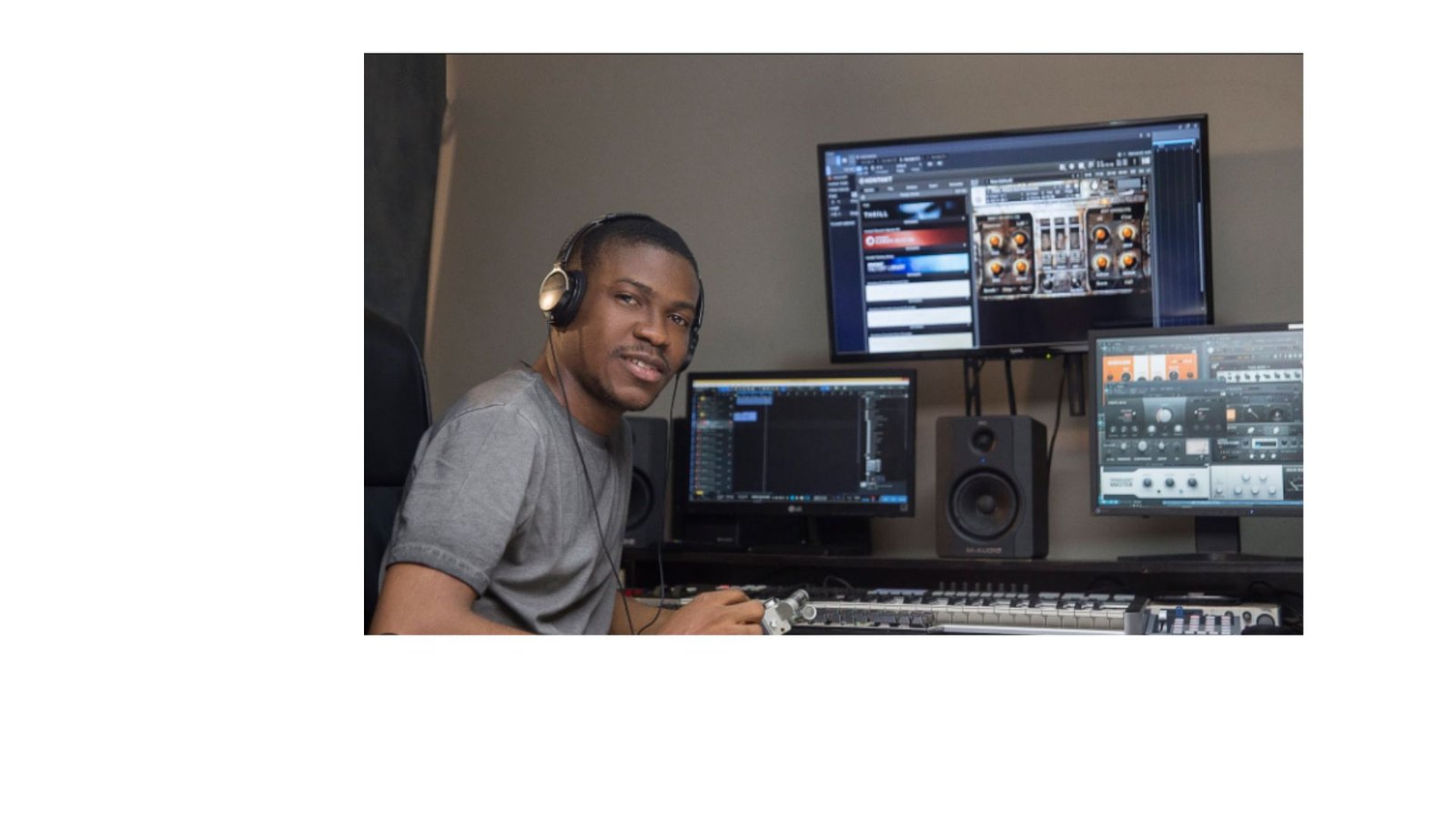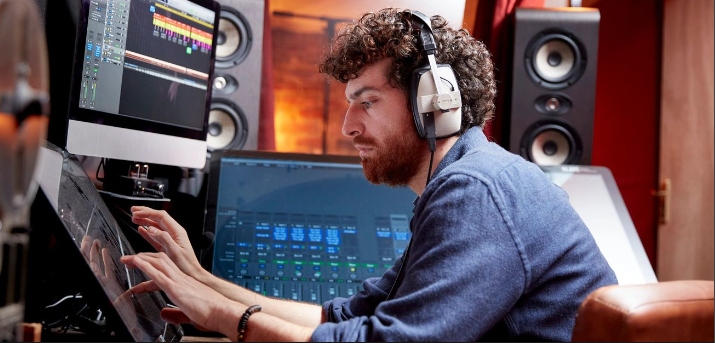
Introduction
In the realm of cinema, sound plays a crucial role in shaping the viewer’s emotional experience. From the haunting melodies of a horror film to the uplifting crescendos of a feel-good movie, music has the power to evoke a wide range of emotions. This ultimately enhance the storytelling process. In this blog post, we delve into the profound impact of music on the emotional resonance of films. Lets explore how composers strategically use sound to elicit specific feelings and create memorable cinematic moments.
Setting the Tone
Music serves as a powerful tool for setting the tone and atmosphere of a film from the opening scene. Whether it’s the ominous chords of a suspenseful thriller or the whimsical notes of a romantic comedy, the choice of music immediately communicates the mood. Also sells you the genre of the film, preparing the audience for the emotional journey ahead.
Enhancing Emotional Depth
One of the primary functions of music in films is to enhance emotional depth and resonance. By carefully selecting musical cues that align with the characters’ emotions and the narrative arc, composers can intensify the audience’s emotional response. Furthermore eliciting empathy, tension, excitement, or sorrow at key moments throughout the film.
Creating Memorable Moments
Some of the most iconic moments in cinema are inseparable from their musical accompaniment. Whether it’s the triumphant theme of “Star Wars” as Luke Skywalker stares out at the twin suns of Tatooine or the haunting melody of “Jaws” as the shark approaches, these moments are etched into our collective memory. Thanks to the power of music to heighten dramatic impact.
Evoking Nostalgia and Remembrance
Music has a unique ability to evoke nostalgia and trigger memories of past experiences. In films, composers often use familiar tunes or motifs to evoke a sense of nostalgia or to underscore themes of reminiscence and longing. By tapping into universal emotions and shared cultural experiences, music can deepen the viewer’s connection to the story on screen.
Building Tension and Suspense
In suspenseful or action-packed films, music plays a crucial role in building tension and heightening anticipation. Also, use of rhythmic patterns, dissonant harmonies, and escalating dynamics, composers create a sense of unease. In addition, brings foreboding that keeps audiences on the edge of their seats, waiting for the inevitable climax
Conveying Subtext and Subtlety
Sometimes, the most powerful use of music in films is its ability to convey subtext and subtlety. This can be done without overly stating emotions or intentions. Moving on, careful selection of instrumentation, tempo, and dynamics, composers can communicate layers of meaning. It enriches the viewer’s understanding of the characters and the story, adding depth and nuance to the cinematic experience.
Shaping Cultural Identity
In films that explore themes of cultural identity or historical context, music can play a central role. Mostly in shaping the cultural landscape of the story. By incorporating traditional folk melodies, indigenous instruments, or genre-specific styles, composers can authentically capture the spirit of a particular time and place, immersing the audience in the rich tapestry of human experience.
Fostering Audience Engagement
Ultimately, the power of music in films lies in its ability to foster audience engagement and emotional investment in the story. Whether through stirring orchestral scores, catchy pop tunes, or evocative soundscapes, music has the capacity to transport viewers to another world, inviting them to experience the joys, sorrows, triumphs, and tribulations of the characters on screen.
Conclusion
The role of music in films is a testament to the profound impact of sound on the human psyche. From setting the tone and enhancing emotional depth to creating memorable moments and shaping cultural identity, music serves as a potent force in the art of cinematic storytelling. As we continue to explore the boundless possibilities of audiovisual expression, let us never underestimate the transformative power of sound to move, inspire, and enchant audiences around the globe.

